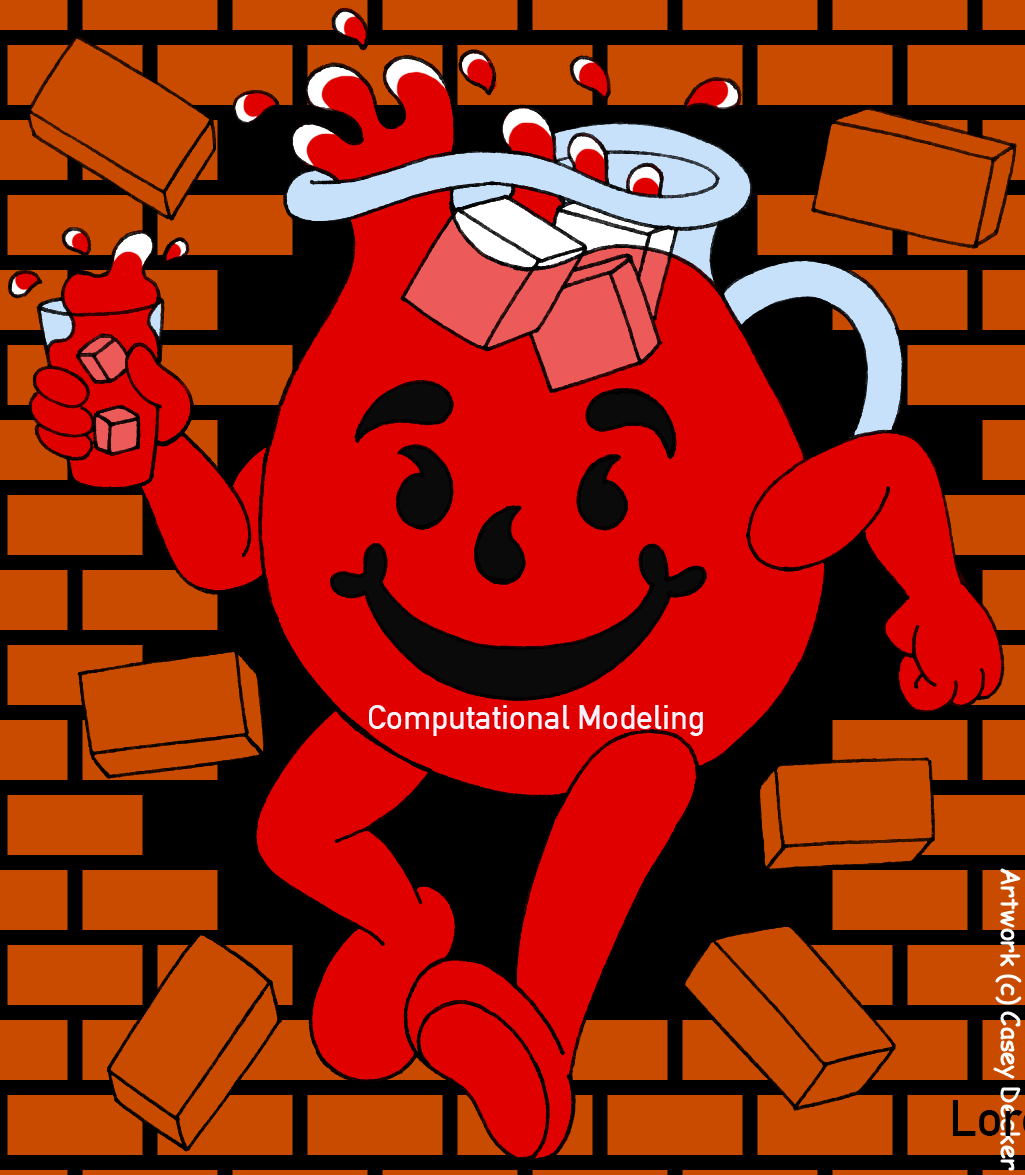Finally! Computational modeling comes to educational psychology.

This is going to be a short post because my message is simple: if you're interested in the future of quantitative modeling of learning and teaching phenomena, then you need to read this article by Brendan Schuetze (2024). In it, he asserts a computational model of school achievement. The model itself is certainly promising, but I'm most excited to see computational (or formal) modeling itself come to educational psychology. There have been a few attempts at it in the past, but I am hoping this article really gets educational psychologists thinking and talking about computational models. I think they are going to prominent in the future of the field. That's the take-home message of this post, but if you want a little more detail, read on.
The article has a nice didactic section that explains what computational models are, and I really encourage people to check it out. If you're wondering why you should care about computational models, here's a snippet from the beginning of the article:
"In the education sciences, there is a rich tapestry of theories (see Hattie et al., 2020; Murphy & Alexander, 2000; Urhahne & Wijnia, 2023). Many of these theo- ries can be characterized as what Davis et al. (2007) describe as “simple theories.” Davis et al. define simple theories as theories that encompass a “few constructs and related propositions” (p. 482), each of which has empirical or analytic backing but often lacks a certain level of necessary detail to make strong predictions from case-to-case. It is important to emphasize that “simple theories” should not be mis- construed as lacking value. Rather, this terminology emphasizes that these theories are usually described in writing (not mathematical equations) or depicted in flow- chart style graphics. And though these theories are “in all likelihood correct” (Davis et al., 2007, p. 482), there is often room for increasing precision linking constructs more comprehensively, and refining their theoretical logic. Compared to simple theory, formal modeling and simulation methods aim to elu- cidate all relationships and variable distributions using mathematical equations, usually instantiated in a programming language. This approach is also largely in line with what has been called “model-centric” science." (pp. 17-18).
Formal modeling aligns with open science and what I think is the very promising future of education theorizing. I don't think all future models will be computational, but I think some of the most useful will be. So, if I were an early career scholar, I'd get familiar with these models asap. For more information on what formal models are and why they are important, check out here, here, here, here, and here.